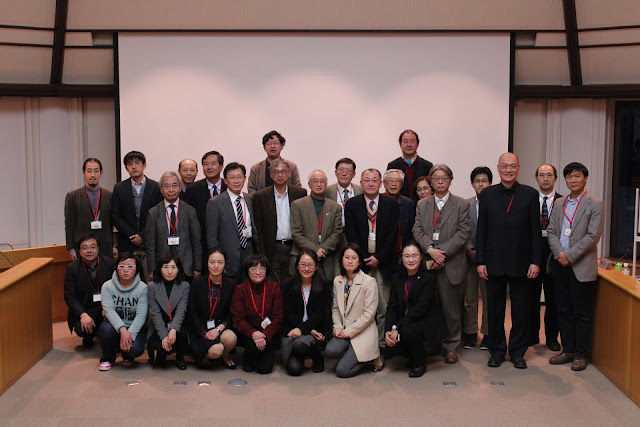Xiaowei Zheng's review of Cosmopolitanism in China, 1600–1950
My friend Xiaowei Zheng's review of Cosmopolitanism in China, 1600–1950 is published on Frontiers of Literary Studies in China Volume 13, issue 1 (January 2019): 157–164.
We appreciate her insightful critique that our theoretical use of cosmopolitanism remains incoherent and somewhat shallow. To clarify our editorial principle, I would like to borrow some lines from R. Bin Wong's review of our book: "The volume shows the meanings of cosmopolitanism for different kinds of people in Qing China, including Manchus, Muslims, Koreans (in relation to the Qing, if not in the Qing). It further explicates the multiple framings within which different modalities of cosmopolitanism were achieved, including Buddhist and Confucian. It also shows cosmopolitanism not merely as a feature of thought, but suggests implications of such approaches in matters of governance." Please see Cambria Press' link to our book.
It has been three years since the volume was published in 2016. In retrospect, I think we were trying to show that cosmopolitanism could be deployed by historical protagonists in Qing China as their own "framing" as well as how these protagonists acted accordingly or differently given the various modalities of cosmopolitanism they used to frame their thinking. At least for myself, I never attempted to use cosmopolitanism as an analytical category, such as public sphere or civil society, in our examination of early modern and modern China.
We appreciate her insightful critique that our theoretical use of cosmopolitanism remains incoherent and somewhat shallow. To clarify our editorial principle, I would like to borrow some lines from R. Bin Wong's review of our book: "The volume shows the meanings of cosmopolitanism for different kinds of people in Qing China, including Manchus, Muslims, Koreans (in relation to the Qing, if not in the Qing). It further explicates the multiple framings within which different modalities of cosmopolitanism were achieved, including Buddhist and Confucian. It also shows cosmopolitanism not merely as a feature of thought, but suggests implications of such approaches in matters of governance." Please see Cambria Press' link to our book.
It has been three years since the volume was published in 2016. In retrospect, I think we were trying to show that cosmopolitanism could be deployed by historical protagonists in Qing China as their own "framing" as well as how these protagonists acted accordingly or differently given the various modalities of cosmopolitanism they used to frame their thinking. At least for myself, I never attempted to use cosmopolitanism as an analytical category, such as public sphere or civil society, in our examination of early modern and modern China.

Comments
Post a Comment